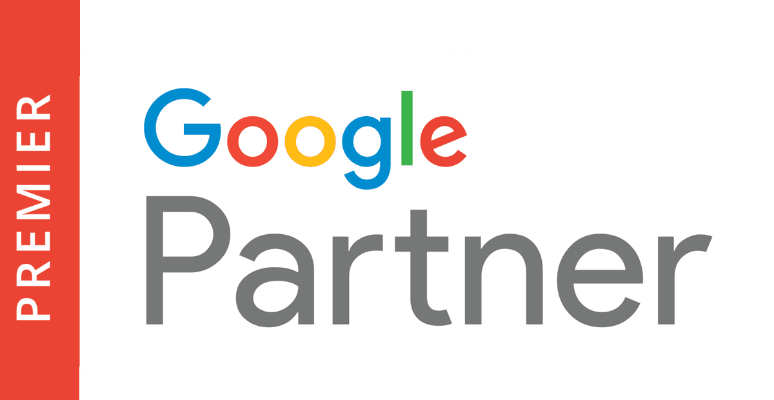Adjusting our Facebook Ad Strategy with iOS 14.5
iOS 14.5 is here and with it comes a major potential disruption to Facebook Ad performance, specifically by opting out of allowing the Facebook pixel to track users’ online activities. This affects all of Facebook’s apps: Facebook, Messenger, Instagram, and WhatsApp.
It’s this disruption to the FB pixel’s ability to collect user data where the biggest impact will be felt. Without this data, marketers will no longer be able to build audiences, negatively affecting our ad targeting and remarketing efforts.
Possibly impacting around 327-409 million daily users on Facebook alone, the change coming with iOS 14.5 is not something that can be just watched from the sidelines. Direct action is needed.
So, what are we planning to do about it? Here’s how we will address this probable new era of Facebook marketing:
1. Verifying website domains with Facebook Business Manager.
The first step we’re going to take is making sure Facebook knows that our clients’ business accounts really are associated with their business domains. Verified business accounts can select who has access to settings and account-based information, which enhances the accounts security and privacy.
2. Changing all ads to 7-day click and 1-day view attribution window.
The iOS 14.5 update will make data collection incredibly difficult. Facebook’s response is to remove the 28-day click attribution window and make the default “7-day click, 1-day view.” For advertisers formerly experimenting with longer attribution windows, this means they’ll have less data on which ads are impacting conversions over a longer time period. With some clever maneuvering (see steps 4 and 5 below), we will be able to discern the data needed to make more intelligent decisions on which ads are contributing to our overall goals.

3. Adjusting to the fact that we no longer have the ability to track real time data.
One change in FB Ads reporting is there will be a 3-day delay in reporting. That’s right: no more real-time reporting for ad performance, unfortunately. This will require some changing in analytic procedures, including longer observation windows to ensure the ads are performing properly.
4. Making sure to use proper UTM coding with ad links.
UTM codes are those wonders that make links yield more data in Google Analytics (GA). It is now more important than ever we take extra care to make sure our UTM coding expertly and granularly identifies each link in each separate FB ad. This will help us in the next step of our plan, which is deep diving into Google Analytics.
5. Relying more heavily on Google Analytics.
It’s going to be a lot more hands-on, but GA will be key in our new understanding of how FB ads are performing. We will go deeper in GA—finding all the clues in areas like conversion path reports—which will give us improved insight into ad performance to inform a more manual optimization in FB. Basically, all the information we’re no longer able to collect from the FB pixel. This process, however, actually favors our current method in managing FB as AdsIntelligence has never been a “set it and forget it” agency.
6. Finding other sources for comparable data.
iOS devices have been restricted, but Android devices have not been. Android devices account for 80.7% of all FB traffic, which means targeting those users will return an abundance of valuable information. This comparable data can easily be collected, analyzed, and extrapolated on to direct our iOS-targeted ads.
The biggest change in our FB marketing strategy is even more observation than we already do (and we do a lot—you should see our reports). The privacy settings change in iOS 14.5 is a new variable in the grand experiment of FB marketing. As with all experiments, the only way to determine how they are performing is through observation and analysis. This is why we used “probable” and “possibly” a lot in this blog’s opening: this is uncharted territory, so we don’t know exactly what to expect.
However, with forward-reaching action now, coupled with increased FB marketing vigilance, AdsIntelligence will learn the rules of this new landscape, and lead our clients in the best practices to maximize their ad spend and reach their target audiences.









